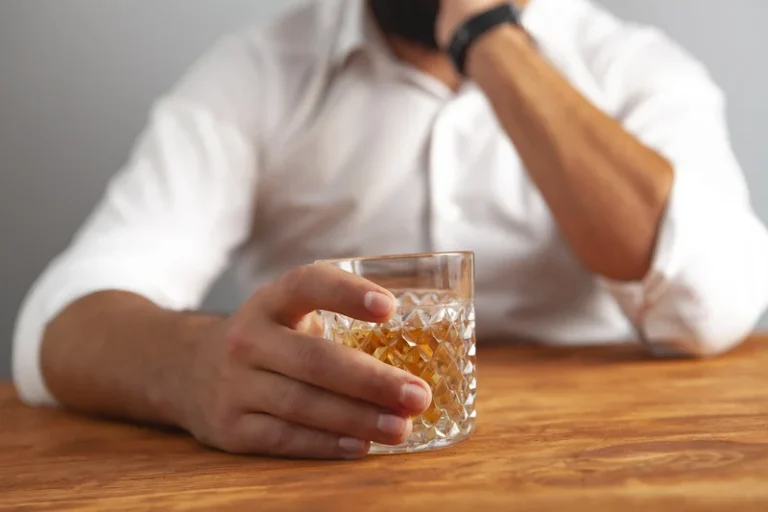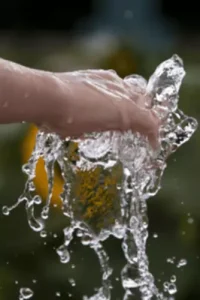
Other ways to manage stress include getting adequate sleep, limiting caffeine, doing deep breathing exercises, and listening to music. Consider developing new relationships with others who also choose to avoid alcohol consumption. Cultivate new friendships with those who do not https://ecosoberhouse.com/ prioritize drinking as an essential part of their lives. Some regions have sober bars where people can socialize without alcohol. Create your own healthy support system of friends, family, and community organizations that will be there to help when you deal with cravings.
- Your care team might recommend this approach if you experience symptoms of anxiety and depression along with cravings.
- In conclusion, managing alcohol cravings through a balanced diet can be a helpful tool in supporting recovery from alcohol addiction.
- Meditation, practiced on your own or via guided meditation, can help you learn to react less to alcohol cravings (8).
- Individuals can also benefit from a combination of medication and behavioral interventions to address their cravings.
- She notes that it can help to avoid your triggers as much as possible in early recovery, since triggers are often most intense when you first stop drinking.
Importance of Support Systems in Dealing with Alcohol Cravings: You’re Not Alone
Some small clinical studies have shown it can reduce alcohol cravings and alcohol withdrawal symptoms. Dark chocolate is rich in antioxidants and can satisfy sweet cravings, which often arise when a person stops drinking alcohol. Moreover, it’s believed that chocolate’s magnesium content may also help reduce alcohol cravings. This can help alleviate the physiological imbalances that contribute to alcohol cravings. It is important to note that while diet can play a role in curbing alcohol cravings, it is not a standalone solution.
Fermented Foods: A Gut-Healthy Choice
Cravings are response patterns that can be induced by these and other triggers. Although sometimes cravings may appear to simply come out of nowhere, they are usually the result of a situation, feeling, or memory that one has about former alcohol use. Learning how to curb alcohol cravings is a critical skill in the journey of recovery. By viewing cravings as temporary challenges to be observed rather than insurmountable obstacles to be feared, individuals can cultivate a mindset of resilience and mindfulness. Coupled with practical strategies for diversion and the support of a compassionate community, the journey through recovery can become a pathway to profound personal growth and healing. In the United States, three drugs are approved by the Food and Drug Administration (FDA) for the general treatment of alcohol use disorder (AUD), including cravings (2).
Schedule social activities that don’t involve alcohol
It’s important to have strategies in place for managing these triggers and avoiding relapse. By identifying the reasons behind your alcohol cravings, you can work to develop strategies for managing them and staying on track towards sobriety. For instance, if you know that stress triggers your alcohol cravings, you could try practicing relaxation techniques like meditation or yoga to reduce stress herbs to curb alcohol cravings levels. A person can speak with a mental health professional to better understand their alcohol cravings. They can also seek medical support if they believe they may have alcohol use disorder. If you’re in recovery from alcohol use disorder, adding this supplement into your diet can help with anxiety, depression, chronic pain, and many other issues that might trigger alcohol cravings.
Tell family members and friends you want to get healthier.

Understanding what alcohol cravings are and their impact is essential in finding effective ways to manage and control them. Discover the top 7 foods to stop alcohol cravings, from avocado to watermelon. Medical experts now use the term “alcohol use disorder” rather than “alcohol abuse” to address the concern of excessive drinking. True to the adage “prevention is better than a cure”, the same holds true for alcohol addiction. Never start this habit and maintain a healthy lifestyle with adequate exercise, well-complemented by a balanced diet that is rich in fruits and vegetables. When not drinking, you might begin to notice feelings of anxiety or other emotional distress, along with strong cravings for alcohol.

- When you are exposed to a memory or stimulus that triggers memories, the brain starts begging you for more chemicals, and cravings are born.
- Instead, a habit loop of cues, behaviors, and rewards may be causing the cravings.
- Cravings may start in response to a negative or positive thought or feeling.
- She has over a decade of experience in building and operating metrics-driven brand, demand generation, and customer experience teams.
